
Kód: 04878455
Novartis Foundation Symposium 277 - New Treatment Strategies for Dengue and Other Flaviviral Diseases
Autor Novartis Foundation
Dengue virus is a member of the Flaviviridae family, which includes viruses associated with human diseases such as yellow fever, Japanese encephalitis and hepatitis C. Dengue fever is transmitted by mosquitoes, principally Aedes a ... celý popis
- Jazyk:
 Angličtina
Angličtina - Vazba: Pevná
- Počet stran: 276
Nakladatelství: John Wiley & Sons Inc, 2006
- Více informací o knize

5618 Kč
Dostupnost:
50 % šance Máme informaci, že by titul mohl být dostupný. Na základě vaší objednávky se ho pokusíme do 6 týdnů zajistit.
Máme informaci, že by titul mohl být dostupný. Na základě vaší objednávky se ho pokusíme do 6 týdnů zajistit.Prohledáme celý svět
Mohlo by se vám také líbit
Dárkový poukaz: Radost zaručena
- Darujte poukaz v libovolné hodnotě a my se postaráme o zbytek.
- Poukaz se vztahuje na celou naši nabídku.
- Elektronický poukaz vytisknete z e-mailu a můžete ihned darovat.
- Platnost poukazu je 12 měsíců od data vystavení.
Informovat o naskladnění knihy
Zadejte do formuláře e-mailovou adresu a jakmile knihu naskladníme, zašleme vám o tom zprávu. Pohlídáme vše za vás.
Více informací o knize Novartis Foundation Symposium 277 - New Treatment Strategies for Dengue and Other Flaviviral Diseases
Nákupem získáte 562 bodů
 Anotace knihy
Anotace knihy
Dengue virus is a member of the Flaviviridae family, which includes viruses associated with human diseases such as yellow fever, Japanese encephalitis and hepatitis C. Dengue fever is transmitted by mosquitoes, principally Aedes aegypti. There are four serotypes of dengue virus, of which DENV-2 has been the most prevalent in many recent epidemics. Following primary infection, lifelong immunity develops, preventing repeated assault by the same serotype. However, the non-neutralizing antibodies from a previous infection or maternally acquired antibodies are thought to form complexes with a different serotype during a subsequent infection and cause dengue haemorrhagic fever/dengue shock syndrome, which can be fatal. There is no treatment or vaccine available today that can combat this emerging and uncontrolled disease. This book features contributions from the world's leading researchers working on dengue and related flaviviruses who examine the current state of the art in the molecular biology of the dengue virus. Particular emphasis is placed on the structure and function of the virus and the targeting of virus proteins by potential antiviral agents. The pathogenesis of dengue and dengue haemorrhagic fever are discussed in detail, especially the target cells and the specific receptors on these cells, thereby developing a clear overview of host and viral factors that contribute to dengue haemorrhagic fever. Finally, the book reviews the therapeutic options, paying particular attention to ways in which vector, host and environment can play a critical role in the spread of this disease. With dengue fever and other emerging viral diseases becoming increasingly prevalent around the world, this book provides valuable insight into the virus that causes this disease and potential ways to manage it. It is essential reading for all those working in tropical diseases, public health and virology. Praise from the reviews: "The book provides an excellent summary of dengue/flavivirus research and is important for individuals and institutions interested in emerging infectious diseases." MICROBIOLOGY TODAY
 Parametry knihy
Parametry knihy
Zařazení knihy Knihy v angličtině Medicine Clinical & internal medicine Diseases & disorders
5618 Kč
- Plný název: Novartis Foundation Symposium 277 - New Treatment Strategies for Dengue and Other Flaviviral Diseases
- Autor: Novartis Foundation
- Jazyk:
 Angličtina
Angličtina - Vazba: Pevná
- Počet stran: 276
- EAN: 9780470016435
- ISBN: 0470016434
- ID: 04878455
- Nakladatelství: John Wiley & Sons Inc
- Hmotnost: 570 g
- Rozměry: 239 × 186 × 18 mm
- Datum vydání: 25. August 2006
Oblíbené z jiného soudku
-

LYMPH & LONGEVITY
433 Kč -

Healing Add
460 Kč -

Bethesda Handbook of Clinical Oncology
1767 Kč -

Radical Remission
454 Kč -

Emperor of All Maladies
318 Kč -
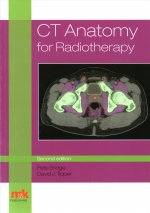
CT Anatomy for Radiotherapy
2274 Kč -

Autoimmune Solution
283 Kč -
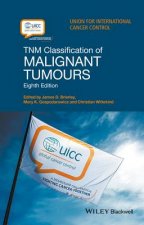
TNM Classification of Malignant Tumours 8e
1226 Kč -
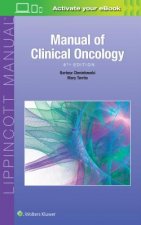
Manual of Clinical Oncology
2338 Kč -

Complete Guide to Breast Cancer
433 Kč -
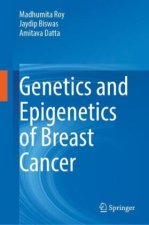
Genetics and Epigenetics of Breast Cancer
4401 Kč -

Gout & Its Cure
125 Kč -
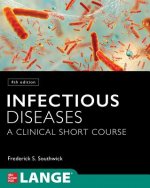
Infectious Diseases: A Clinical Short Course
2368 Kč -

Cancer as a Metabolic Disease - On the Origin, Management, and Prevention of Cancer
3825 Kč -

Comprehensive Review of Infectious Diseases
3182 Kč -

How to Starve Cancer
481 Kč -

Healing Lyme Disease Coinfections
444 Kč -

Cancer Is Not a Disease - It's a Healing Mechanism
709 Kč -
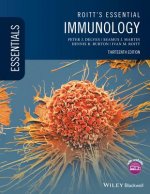
Roitt's Essential Immunology 13e
1628 Kč -
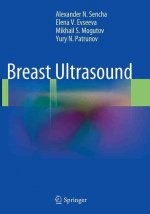
Breast Ultrasound
2405 Kč -

Natural Treatments for Lyme Coinfections
424 Kč -
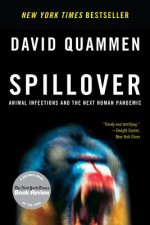
Spillover
306 Kč -
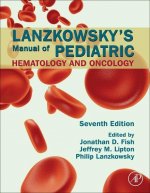
Lanzkowsky's Manual of Pediatric Hematology and Oncology
5498 Kč -

Principles of Gynecologic Oncology Surgery
8367 Kč -

Musculoskeletal Imaging
2217 Kč -

Radiation Oncology Management Decisions
2767 Kč -

Emergency Management of Infectious Diseases
3446 Kč -
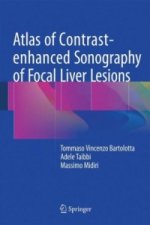
Atlas of Contrast-enhanced Sonography of Focal Liver Lesions
2670 Kč -
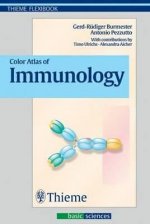
Color Atlas of Immunology
580 Kč -

Key to Self-Liberation
2204 Kč -
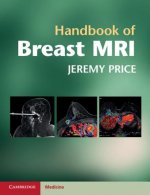
Handbook of Breast MRI
3089 Kč -

Stereotactic Radiosurgery and Stereotactic Body Radiation Therapy (SBRT)
7395 Kč -
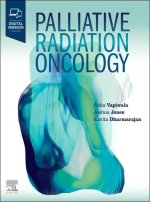
Palliative Radiation Oncology
4898 Kč -

Health and Disease Begin in the Colon
1174 Kč -

Abeloff's Clinical Oncology
10426 Kč -

Illustrated Anatomical Segmentectomy for Lung Cancer
4262 Kč -
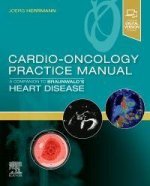
Cardio-Oncology Practice Manual: A Companion to Braunwald's Heart Disease
3467 Kč -
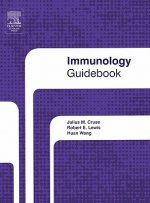
Immunology Guidebook
6381 Kč -

Oncology: Genomics, Precision Medicine and Therapeutic Targets
4401 Kč -
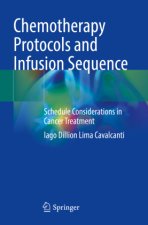
Chemotherapy Protocols and Infusion Sequence
2670 Kč -

Cardio-Oncology
2670 Kč -

Schaum's Outline of Immunology
677 Kč -

Allergic to Life
1022 Kč -

Oxford Handbook of Infectious Diseases and Microbiology
1267 Kč -

Great Influenza
426 Kč -

Oxford Handbook of Expedition and Wilderness Medicine
1391 Kč -

Cancer and the New Biology of Water
604 Kč -

Everyday Mindfulness for OCD
374 Kč -
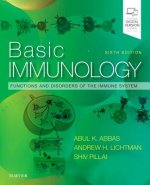
Basic Immunology
1771 Kč
Osobní odběr Praha, Brno a 12903 dalších
Copyright ©2008-24 nejlevnejsi-knihy.cz Všechna práva vyhrazenaSoukromíCookies




 Vrácení do měsíce
Vrácení do měsíce 571 999 099 (8-15.30h)
571 999 099 (8-15.30h)